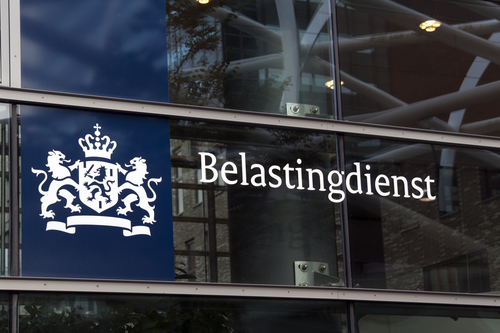Council of State slams “complex” Box 3 asset tax legislation

The Dutch government’s proposed changes to the way savings and investments taxed in the “Box 3” system have been slammed by the Council of State, which advises on all new legislation.
The draft legislation, which will replace the current system of taxing assets based on fictitious returns, needs a major overhaul because of its feasibility and complexity, the council said.
In particular, the report warns, the new system will have substantial repercussions for both taxpayers and the tax office, leading to poorer service, reduced opportunities for prior consultation with tax inspectors, and insufficient oversight.
The system would also become much more complex, placing a considerable burden on taxpayers to meet new administrative requirements, affecting an estimated 1.6 million people.
The council also said that the government’s focus on “budgetary neutrality”—the aim for the new system to generate the same level of tax revenue as the current one—could limit the flexibility needed to design a more effective and balanced system.
The government has been forced to come up with a new system following two major court rulings, which have said the current system based on assumed returns violated the European Convention on Human Rights.
The Supreme Court ruled in 2021 that the system contravened EU legislation and ordered the government to rethink. A revised system was also thrown out by the courts in June.
Under the new proposal, the wealth tax would be based on actual returns. The primary tax would be a wealth accumulation tax, with some exceptions. Certain types of assets, such as real estate which is rented out and shares in start-up businesses, would be subject to a capital gains tax.
The advisory report also criticised the government’s lack of a coherent, integrated vision for wealth taxation and called for a broader perspective that would take into account the entire tax system and the contribution of Box 3 revenues to the overall mix.
The lack of coordination between the different “boxes” (or categories of income) in the taxation system could lead to inconsistencies and inefficiencies, the report said.
The new system had originally been due to come into effect in 2027, but that is now impossible and 2028 is also unlikely, experts say.
Finance minister Eelco Heinen said in a reaction that there is “no such thing as the ideal tax system”. The cabinet would look seriously at the council’s report and make a considered reaction at a later date, he said.
Thank you for donating to DutchNews.nl.
We could not provide the Dutch News service, and keep it free of charge, without the generous support of our readers. Your donations allow us to report on issues you tell us matter, and provide you with a summary of the most important Dutch news each day.
Make a donation